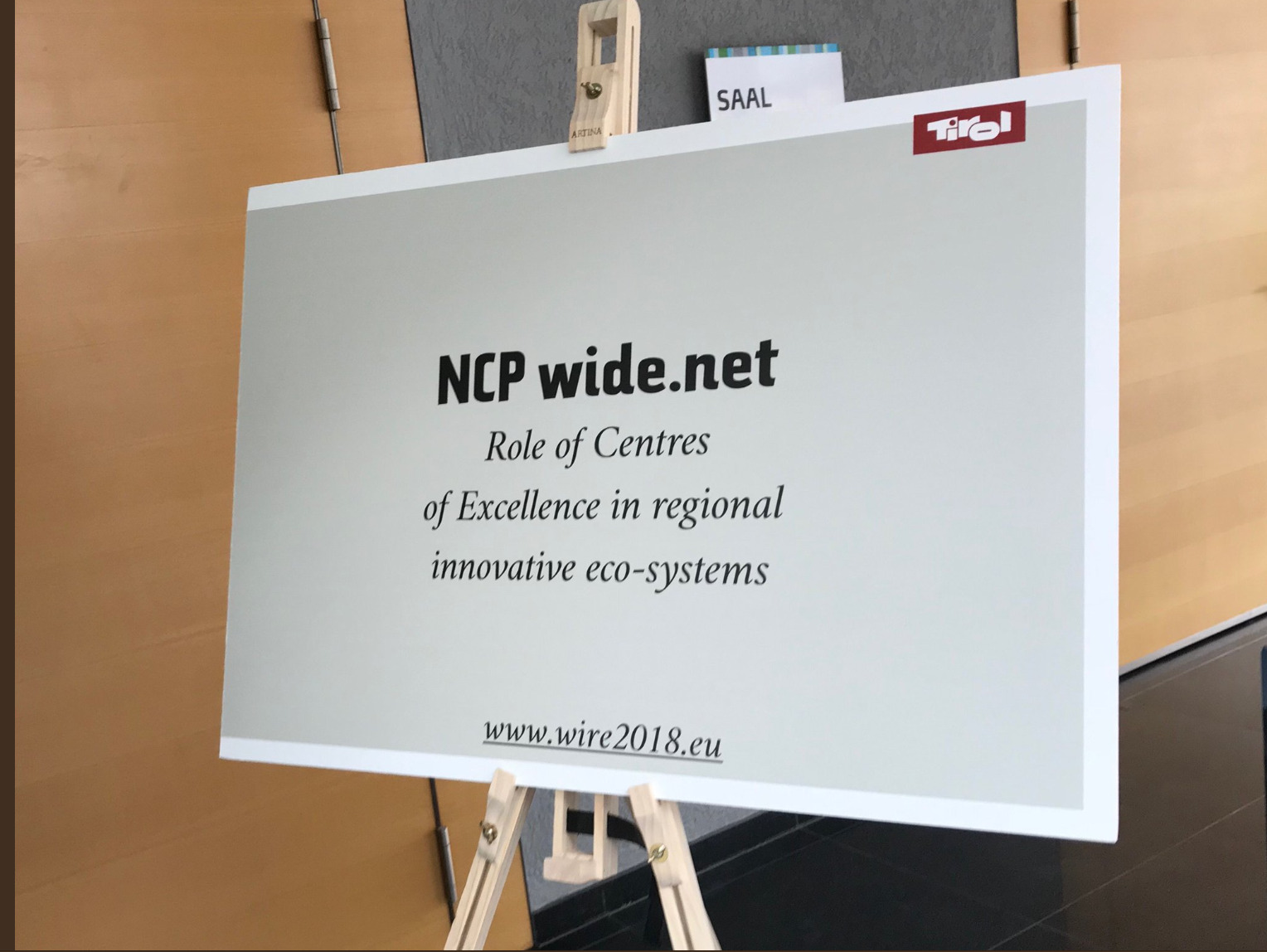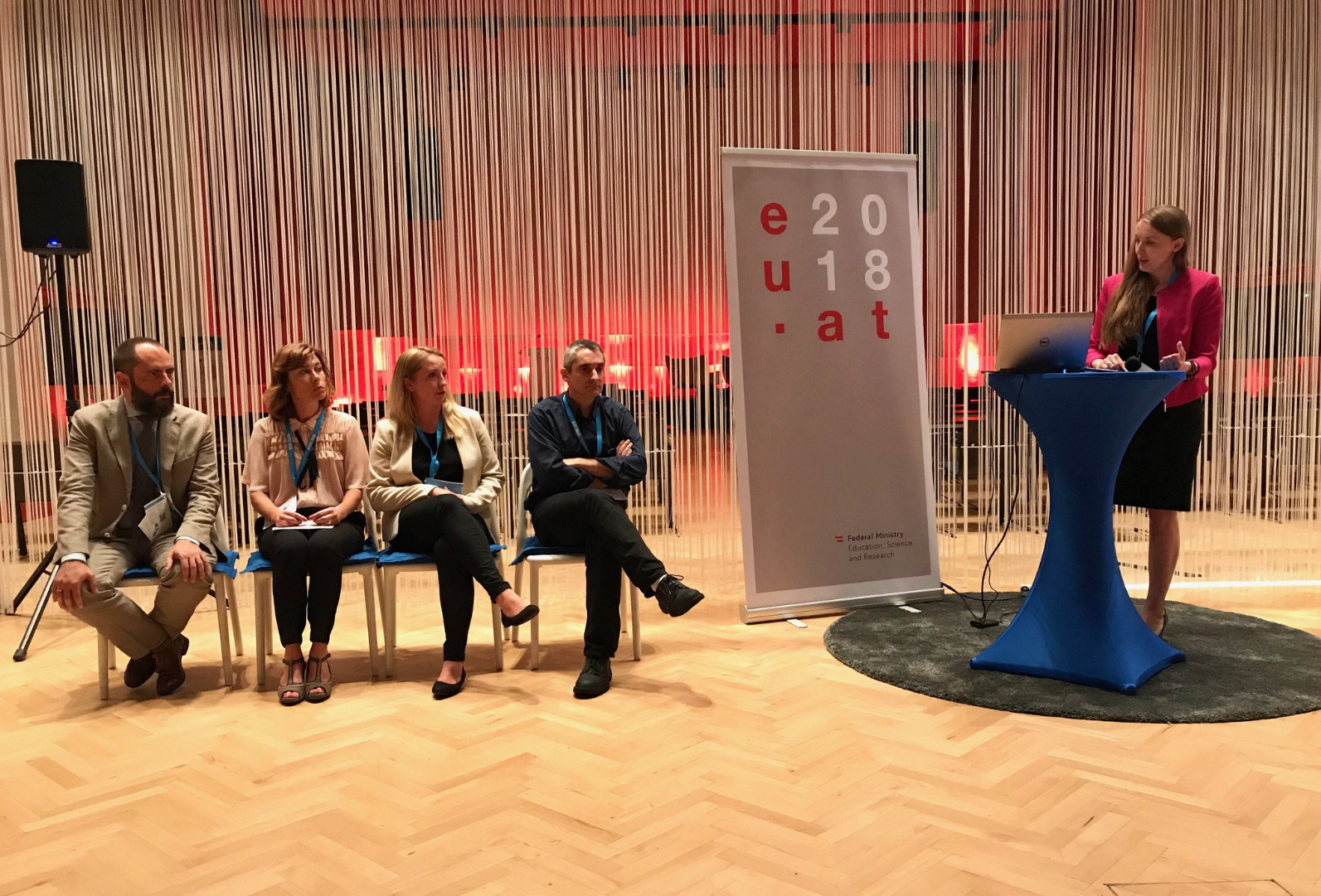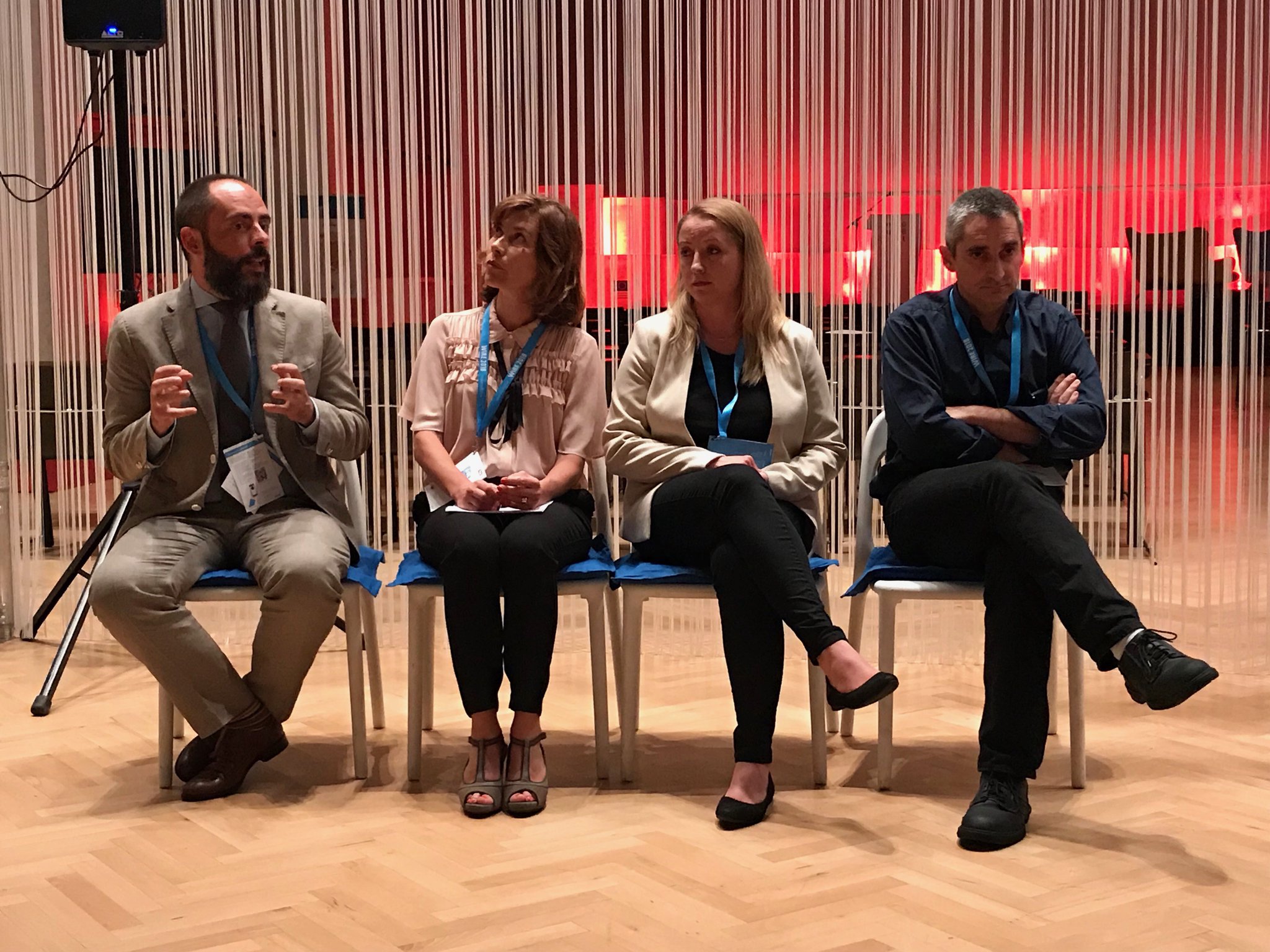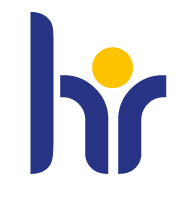The Week of Innovative Regions in Europe (WIRE), 4 - 6 July, 2018 in Innsbruck, Austria
The Week of Innovative Regions in Europe (WIRE), financed under the Horizon 2020 SEWP-work programme, is a co-operation with the European Commission that brings together regional, national and European innovation experts and stakeholders, including public organisations, policymakers, research communities and enterprises. The conference will be organised during the first week of the Austrian EU Council Presidency, and in vicinity to the proposals for the next generation of EU instruments.
The 9th edition of the WIRE conference have looked into three smart choices for regional ecosystems of innovation: Science & Research, Entrepreneurship and Connectivity have not only been the key drivers behind Tyrolean success but can become powerful game-changers for many regions across Europe.
Since 2010, annual WIRE conferences have created a platform to address, develop and progress key topics of interest to the European regional innovation community. Each year, the conference puts a different focus on aspects that are relevant to driving regional innovation forward in Europe. As such WIRE contributes largely to the important task for all potential actors in H2020’s WPs to network and be connected, spread research and innovation excellence and connect regions and people.
Speakers:
Ms. Marta Barbas, Head of Funding Opportunities Office, INES TEC, Portugal; Twinning action STRONGMAR Project
Mr. Giorgios Chatzikostas, Head of Business Development Department, University of Novi Sad, Serbia/ beneficiary; Teaming 2 action BioSense Institute
Prof. Jean Sciare, Director of Energy, Environment, Water Research Centre (EEWRC) at The Cyprus Institute (CyI), Nicosia, Cyprus; Teaming 1, Twinning and ERA Chair actions
Dr Magdalena Borzęcka, Institute of Soil and Plant Cultivation – State Research Institute, Puławy, Poland; ERA Chair action
Moderator: Katarzyna Walczyk-Matuszyk, NCP Poland
Rapporteur: Matthias Woiwode von Gilardi, NCP Germany
CoE success factors:
• A good story is a key: demand orientation through a viable business model while maintaining research autonomy: user/ investors need to see to believe
• Involve all stakeholders („We can do a lot but we cannot do it alone“)
• Sustainability/ business model: cascade financing
• Role of RIS3/ interaction with policy-makers: CoE needs to make the case to fit to RIS3, demonstrate contribution
• Key business plan aspects: stakeholder perspective/ market view; HR plan; forecast of income streams/ break-even point
• Teaming opens up opportunity to start from scratch; Teaming as a „risk-funding“
Critical issues:
• Long-term viability: 7 years a short time to set up centre, strategy/business model, network/ visibility… (business plan to consider break-even point (income/cost balance) or leverage of additional funds)
• eligibility of research activities integrated in the CoE development could help, yet new staff (e.g. through ERA Chairs) have a role in bidding for research funding
Future shape of „sharing excellence“ under Horizon Europe
• Generally, practical viability of instruments is proven – to be continued
• Funding for research would facilitate the transition from the set-up phase to the working-phase of CoE‘s
• Further assistance (add-on): help raise the profile/visibility of new CoE: support branding of CoE (e.g. by showcasing CoE in European events; bridge the time after Horizon funding, e.g. link to business angels)
• Sharing Excellence is vital to be supported by NCP‘s. Idea (Cyprus): continued support from COM to NCP‘s (perhaps even financing on demand)










